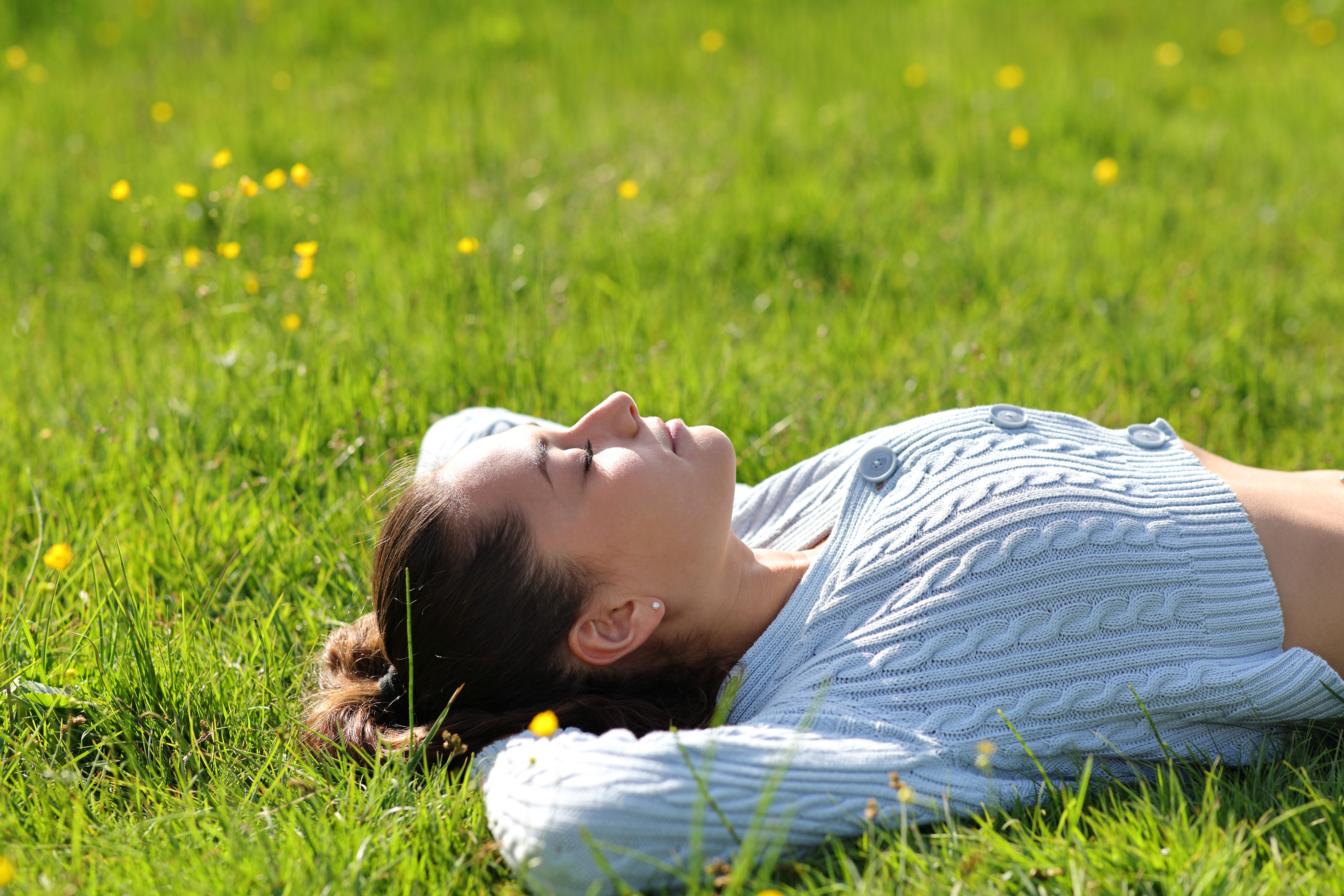Posted by SOVA on May 15th 2024
Why Nighttime Teeth Grinding Peaks in Spring and Summer: Understanding the Seasonal Connection

As the flowers bloom and the days lengthen, many of us find ourselves reveling in the beauty of spring and summer. However, for some, these seasons bring an unwelcome visitor: nighttime teeth grinding, also known as bruxism. While this condition can occur at any time of year, its prevalence often peaks during the warmer months. But why does this happen? Let's delve into the intriguing connection between seasonal changes and teeth grinding.
1. Increased Stress and Anxiety:
Spring and summer may seem like carefree seasons, but they can also be times of heightened stress and anxiety for many individuals. With the pressure of work, social commitments, and the desire to make the most of the sunny weather, stress levels can soar. Unfortunately, stress is a known trigger for teeth grinding. Whether it's due to upcoming deadlines, financial worries, or simply the hustle and bustle of life, the added stress of the season can lead to more frequent and intense episodes of bruxism.
2. Allergies and Sinus Issues:
The arrival of spring brings with it an explosion of pollen and other allergens, triggering seasonal allergies in millions of people. Along with itchy eyes and sneezing, allergies can also contribute to teeth grinding. How? Well, sinus congestion caused by allergies can lead to discomfort and pressure around the face and jaw, prompting some individuals to clench or grind their teeth in response. Additionally, certain antihistamines used to alleviate allergy symptoms can have a drying effect on the mouth, exacerbating the risk of bruxism.
3. Changes in Routine and Lifestyle:
Spring and summer often herald a change in routine and lifestyle for many individuals. Longer daylight hours and warmer weather may lead to increased outdoor activities, social gatherings, and late nights. While these changes can be enjoyable, they can also disrupt sleep patterns and contribute to poor sleep quality. Sleep disturbances, including insomnia and fragmented sleep, are closely linked to bruxism. As such, the shift in lifestyle habits during the spring and summer months may inadvertently exacerbate teeth grinding.
4. Temperature and Hydration:
Believe it or not, the temperature outside can influence our likelihood of grinding our teeth at night. Warmer weather often means increased dehydration, especially if we're spending more time outdoors or engaging in physical activity. Dehydration can cause the mouth to become dry, reducing saliva production. Since saliva acts as a natural lubricant and helps protect the teeth and gums, a lack of it can make us more susceptible to teeth grinding. Additionally, some individuals may find that the heat itself contributes to feelings of discomfort or agitation, further exacerbating bruxism.
While the arrival of spring and summer brings with it many joys, it can also usher in an uptick in nighttime teeth grinding for some individuals. Understanding the seasonal factors that contribute to bruxism can help us take proactive steps to mitigate its effects. Whether it's practicing stress-reduction techniques, addressing allergies, maintaining proper hydration, or seeking professional help, there are various strategies available to manage teeth grinding year-round. By recognizing the connection between seasonal changes and bruxism, we can take better care of our oral health and overall well-being, ensuring that we enjoy the warmer months to the fullest.
